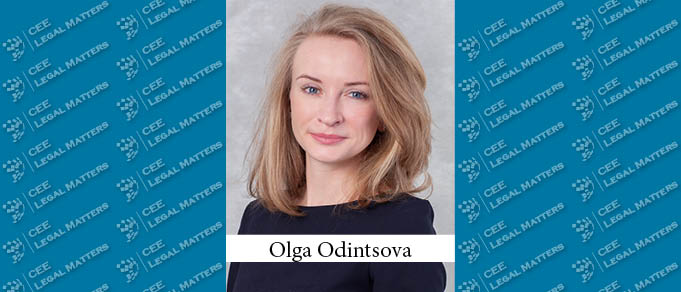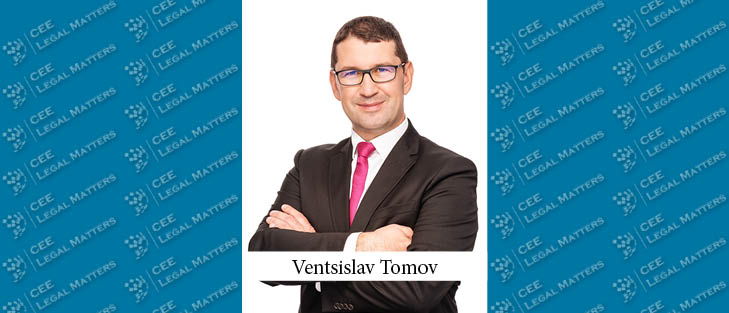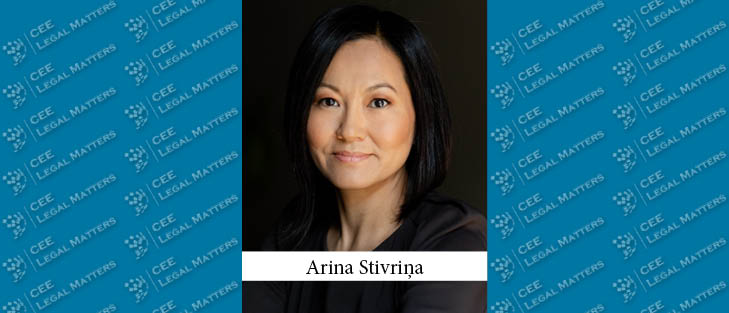Despite the severe damage inflicted by COVID-19 on the Russian economy, the government and businesses have agreed that the local IT sector needs state incentives and support. Calls for accelerated development and state support for the local IT sector were among the main messages of several state agencies when the Russian president and government announced a series of tax benefits for the IT industry.
Large-scale tax benefits for Russian IT companies were introduced on January 1, 2021, to create conditions for the development of domestic high-tech companies and increase the attractiveness of the Russian jurisdiction for international IT companies. First, these measures imply the provision of income tax benefits to two categories of companies working in the IT industry: Russian IT firms that develop and implement software, provide services for modification, adaptation, installation, testing, and maintenance of software and databases, as well as IT companies, which design and develop electronic component database products and electronic products. For such companies, the income tax rate was reduced from 20% to 3%. Similarly, social contributions were also reduced from 14% to 7.6%, an incentive aimed at easing the fiscal burden of wages on IT companies. These benefits are available to both Russian IT companies and local subsidiaries of foreign international or multinational businesses operating in the country.
As a tradeoff for these incentives, there is a limitation of the VAT exemption on the provision of exclusive rights and software licenses. Now, the exemption applies only to software that is included in the so-called Register of the Russian Software. Along with Russian businesses, the exemption is also available to local subsidiaries of foreign companies, but the latter’s shares in such local businesses should be less than 50%, while their revenues from licensing the software abroad should not be more than 30%.Companies that specialize in R&D operations are waiting for the expansion of the reduced income tax rate to their revenues, as the Russian IP Agency had recently expressed its intention to facilitate the provision of these tax incentives to all companies that generate income from their intellectual properties.
Together with the existing tax incentives for start-ups through the Skolkovo Innovation Center, the Russian IT sector is fully equipped with substantial fiscal stimulus, which makes it a prospective sector for investment.
This snapshot would not be complete without a review of international taxation practices, as Russia plans to be on par with global trends. Since Russia is striving to establish the most advanced tax practices, there are ongoing discussions and plans for it to join the OECD’s new taxation standards for digital businesses, thus adopting a single supranational minimum income tax rate. A final decision has not been taken on this issue and how it will work with the above incentives has yet to be defined. Russia has also consistently called on international IT companies to comply with its local data protection rules. As a step to strengthen its ability to monitor the localization of Russian users’ data, the government has adopted a law that requires foreign online companies with significant local users (defined as 500,000 or more Russian users per day) to have a physical presence in the country, effective from January 1, 2022. The law affects social networks, messengers, gaming services, search engines, online shops, hosting providers, advertising platforms, e-mail services, and several others.
Liability measures have been established for companies that do not have local official representative offices in Russia. Some of these measures are, comparatively, less stringent, such as informing the users of those companies’ resources about a violation of the Russian legislation by foreign entities. Other measures, on the other hand, prescribe quite severe penalties, for example, a complete blockage of the foreign entities’ resources in Russia.
Accordingly, companies that meet these conditions should be allowed to operate or be represented in Russia. In addition, an electronic form should be created on such companies’ official corporate websites to receive requests from Russian users. Moreover, such companies should register a personal account on the official website of the Russian agency responsible for Internet control, in order to receive requests/appeals from Russian state agencies.
By Olga Odintsova, Tax Counsel and Head of New Business and Product Development, CMS Russia
This Article was originally published in Issue 8.8 of the CEE Legal Matters Magazine. If you would like to receive a hard copy of the magazine, you can subscribe here.






















